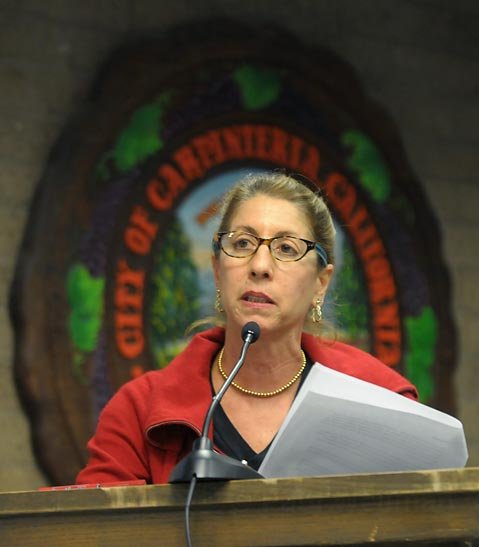Jury Rejects Charges Against Alleged Anti-Castro Terrorist
Journalist Ann Bardach Spent Six Days on Stand Testifying Against Him
A jury in El Paso Texas rejected all counts against alleged anti-Fidel Castro terrorist Luis Posada after just three hours of deliberation and after Santa Barbara resident and investigative reporter Ann Bardach spent six days on the witness stand testifying against him.
Bardach had described how Posada boasted to her of launching a campaign, in 1997, to plant bombs in Havana hotels and night clubs as part of a broader effort to destabilize Cuba’s then burgeoning tourist trade. As a witness, Bardach — then working on special investigative assignment for the New York Times — described how Posada, a former CIA asset, approached her seeking publicity for the bombing campaign. Up to then, he told her, it had not garnered sufficient publicity to be scare visitors away.

Bardach testified as a hostile witness for the prosecution, after she and the New York Times spent five years opposing federal demands that she produce notes and tapes of her interview with Posada. Bardach told jurors the First Amendment and the Fourth Estate are undermined when authorities force journalists to roll over on their sources. In this case, because Posada had never been a confidential source, the courts ruled he was not entitled to any of the protections offered by journalistic immunity laws.
Posada was arrested in 2005 for entering the United States illegally and for lying to federal immigration authorities about the pyrotechnical nature of his anti-Castro activities. In spite of her reluctance to take the stand, many press accounts of the 13-week trial paint Bardach as the government’s star witness against Posada. After the verdict was announced late last week, Bardach faulted the government’s case, saying prosecutors tried to “shoe-horn a terrorism prosecution into an immigration case.” (Venezuela had arrested Posada in connection with a 1976 bombing of a Cuban airliner that left all 73 passengers dead; Posoda, who denied any involvement, escaped before he could be tried on those charges.)
The judge, Bardach noted, was openly hostile to the government’s argument, and initially tossed the case out, only to have it regurgitated on appeal. Bardach said she was so restricted in what she could tell the jury—and what they could hear about the extent of Posada’s anti-Castro activities—that they never got a clear picture despite the length of time she spent on the stand.
As an exercise in courtroom theatrics, Bardach said, the government clearly botched the job. “You’re prosecuting an 83-year old man who’s falling asleep on the witness stand for half the trial for the crime of entering the country illegally and lying about in front a jury of Mexican Americans?” she asked. “I don’t think so.”



